Lawn Alternative Plants For The South: Alternative Lawn Ideas In Warm Climates
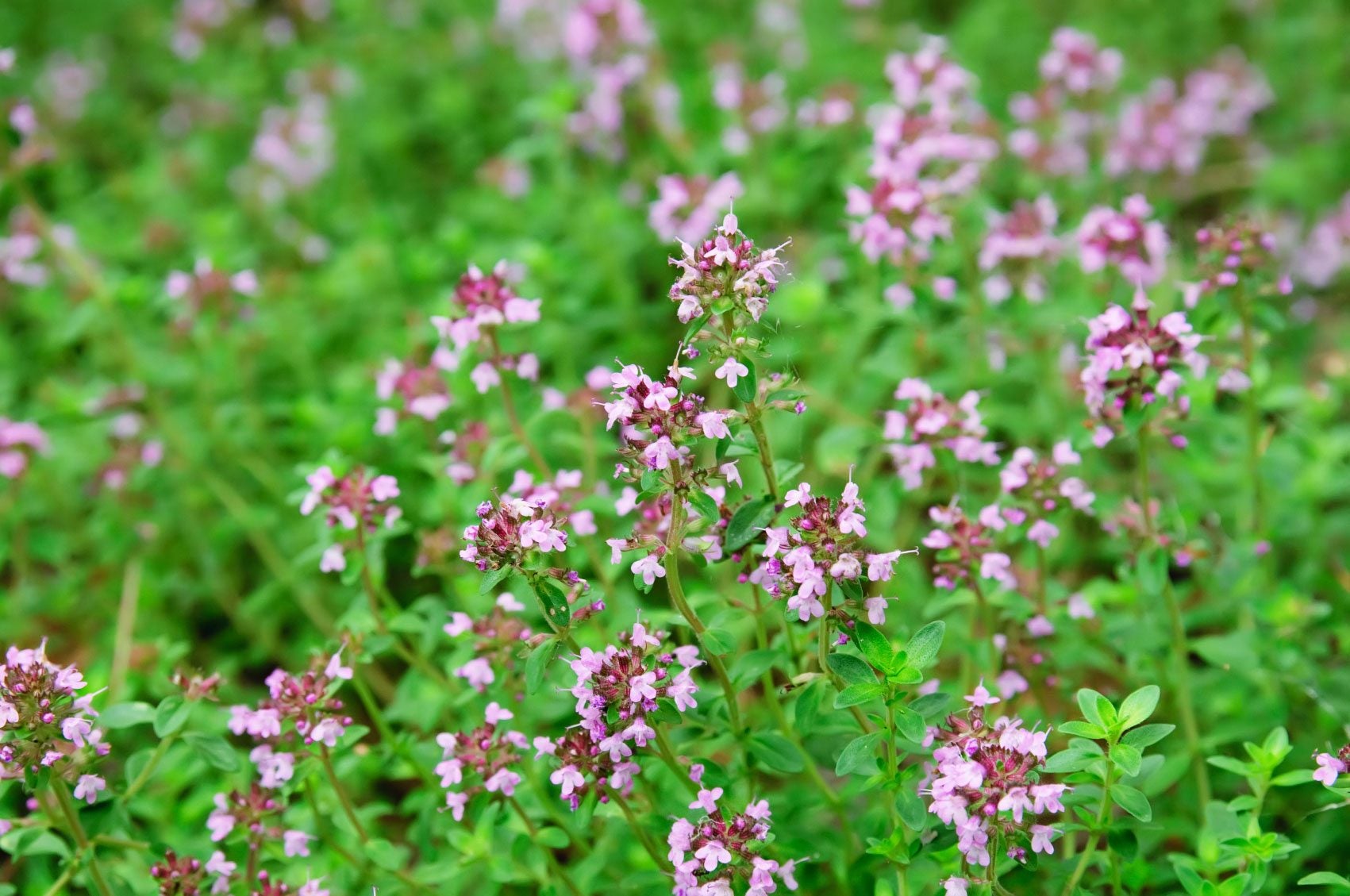
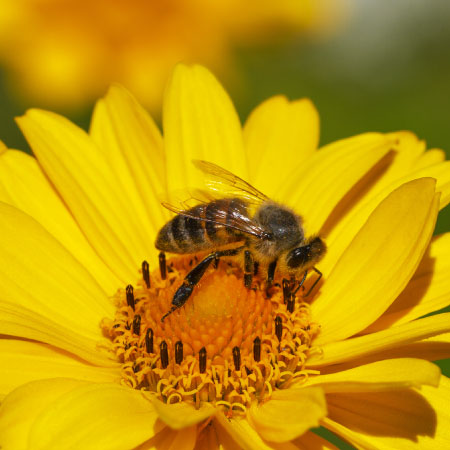
A well-tended lawn makes your home look neat and tidy, but is it worth all the work? What about those hot climates? No one enjoys having to manage lawns when it's hot and sticky. There are alternatives to grass that can help, however. Check out some of the warm area grass alternatives in this article.
Lawn Substitutes for Warm Regions
Groundcovers make excellent lawn alternative plants for the south and they don't need as much maintenance. Environmentally, alternative plants make sense because they don't need as much water or chemical treatment as lawn grass. Depending on the plant you choose, they can also serve as wildlife habitat. On the other hand, a dense lawn is a clean air factory, converting much more air than most of the alternatives. In addition, turf grass helps prevent storm runoff by absorbing excess water and it helps with erosion control. One downside to using groundcovers instead of grass is that they don't handle foot traffic well. If you have children that play in the yard, you might like to have a turf grass lawn that can stand up to hard play. Here are some good groundcover choices for warm areas:
- Blue-Eyed Grass (Sisyrinchium bellum)- This little ornamental grass is less than an inch (2.5 cm.) tall and features blue flowers that last throughout winter and early spring in warm climates. Blue-eyed grass likes full sun and needs supplemental water until established. It tolerates drought once it takes hold in an area.
- Liriope (Liriope muscari)- Pay attention to the specifications for the variety of liriope you choose. Some can grow up to 18 inches (46 cm.) tall, which most people will find too high for a lawn. This grass-like member of the lily family might need occasional irrigation during dry periods, and you'll need to mow it down at the end of the season to remove ratty-looking foliage.
- Thyme (Thymus spp.)- You can't beat thyme for herbal fragrance and drought tolerance, but it is one of the more expensive groundcovers. It needs a sunny location with well-drained soil. You'll have to keep it watered and weeded at first, but once it fills in, it is practically carefree. Some varieties tolerate hot summers better than others. Red creeping thyme is a good choice for southern gardens.
- Mazus (Mazus reptans)- This is an excellent choice for shady spots, and it tolerates light foot traffic. Once established, mazus forms a dense green carpet with lavender flowers that bloom in spring and last through summer. In warm climates mazus is evergreen and it outcompetes weeds.
Other Alternative Lawn Ideas in Warm Climates
You can also use gravel or stones as lawn substitutes for warm regions. It's a good idea to lay sturdy landscape fabric under the gravel to keep them from working their way deep into the soil. Rocky soil is difficult to use as garden or lawn space if your landscape plans change later on. Organic mulch is an excellent alternative to grass under shade trees. Grass grows poorly in the shade, but a thick layer of mulch looks natural. Rake it smooth and level so you can place lawn furniture or a swing under the tree.
Gardening tips, videos, info and more delivered right to your inbox!
Sign up for the Gardening Know How newsletter today and receive a free copy of our e-book "How to Grow Delicious Tomatoes".

Jackie Carroll has written over 500 articles for Gardening Know How on a wide range of topics.
-
 Get Ready For A Summer Of Hummers! Grow These Full Sun Hummingbird Plants and Flowers
Get Ready For A Summer Of Hummers! Grow These Full Sun Hummingbird Plants and FlowersIf you’re lucky enough to enjoy a sunny backyard, make sure you are maxing out on your pollinator opportunities and grow these full sun hummingbird plants and flowers
By Tonya Barnett
-
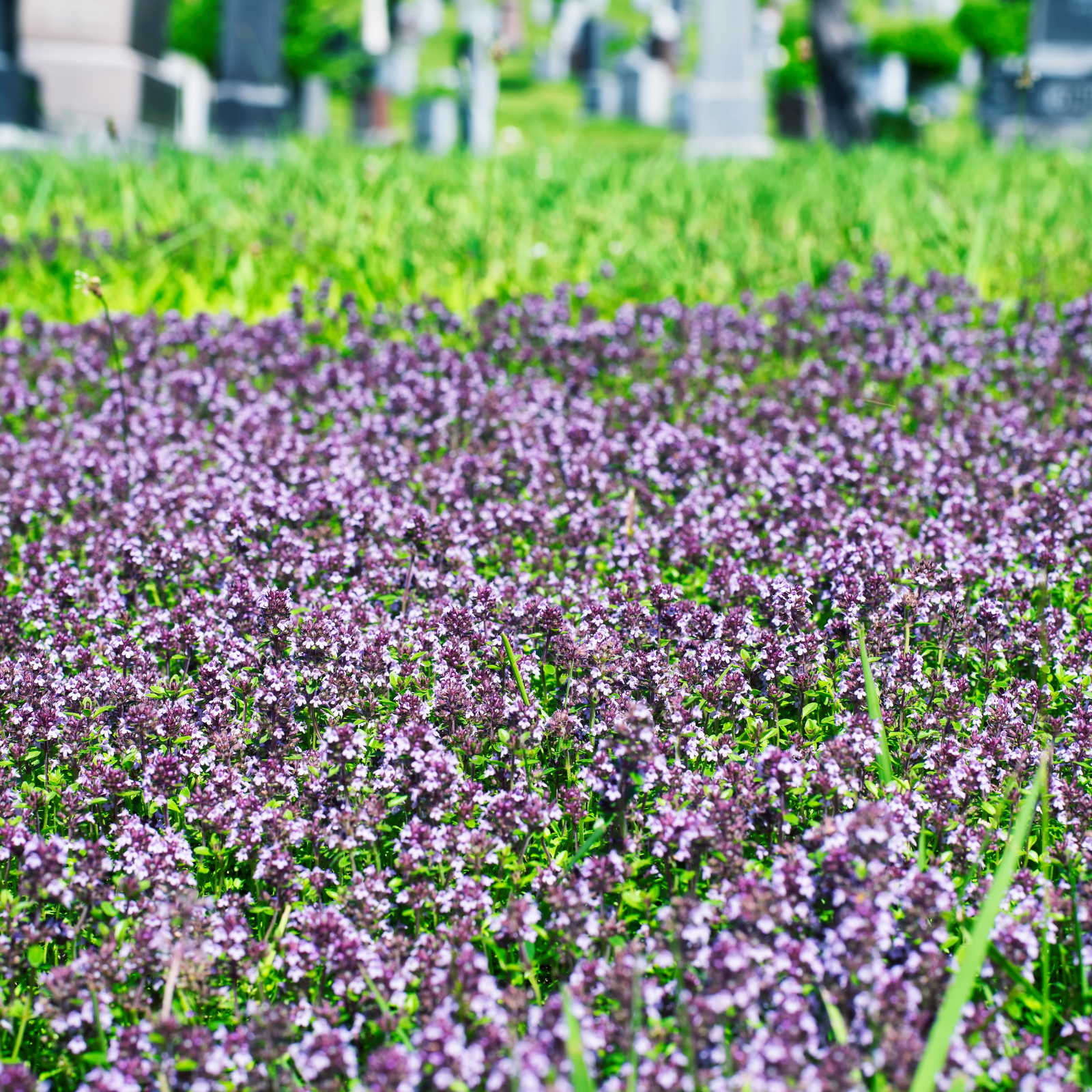 12 Lush Alternatives To A Lawn For Sustainable Spaces
12 Lush Alternatives To A Lawn For Sustainable SpacesAlternatives to a lawn are beautiful and also beneficial to your local ecosystem and its pollinators. Explore our top picks for plants to replace grass.
By Tonya Barnett
-
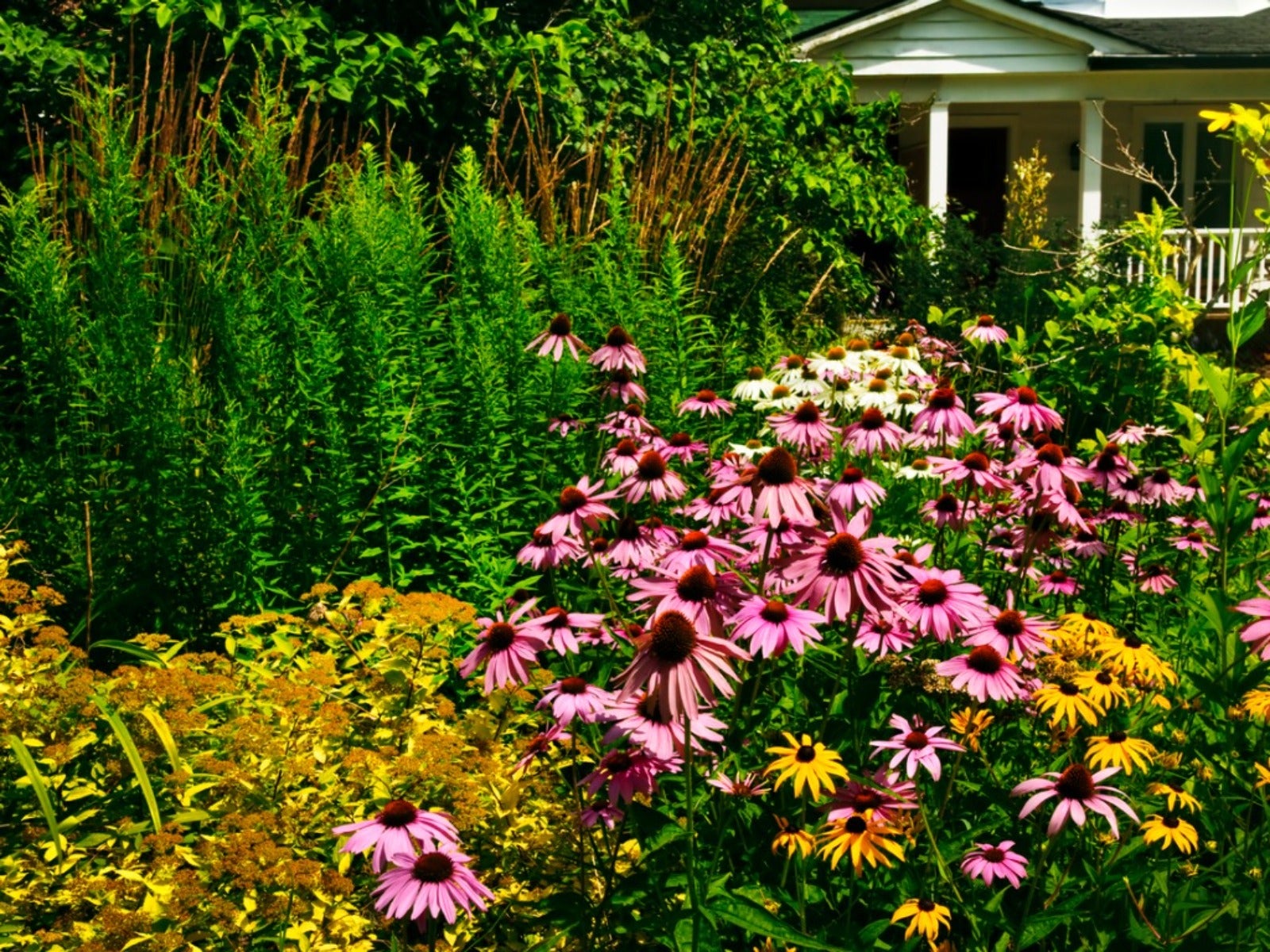 Why You Should Ditch The Grass And Grow A Prairie Lawn
Why You Should Ditch The Grass And Grow A Prairie LawnLearn why a prairie yard with native grasses is far more earth-friendly than a standard tuf-grass lawn.
By Mary Ellen Ellis
-
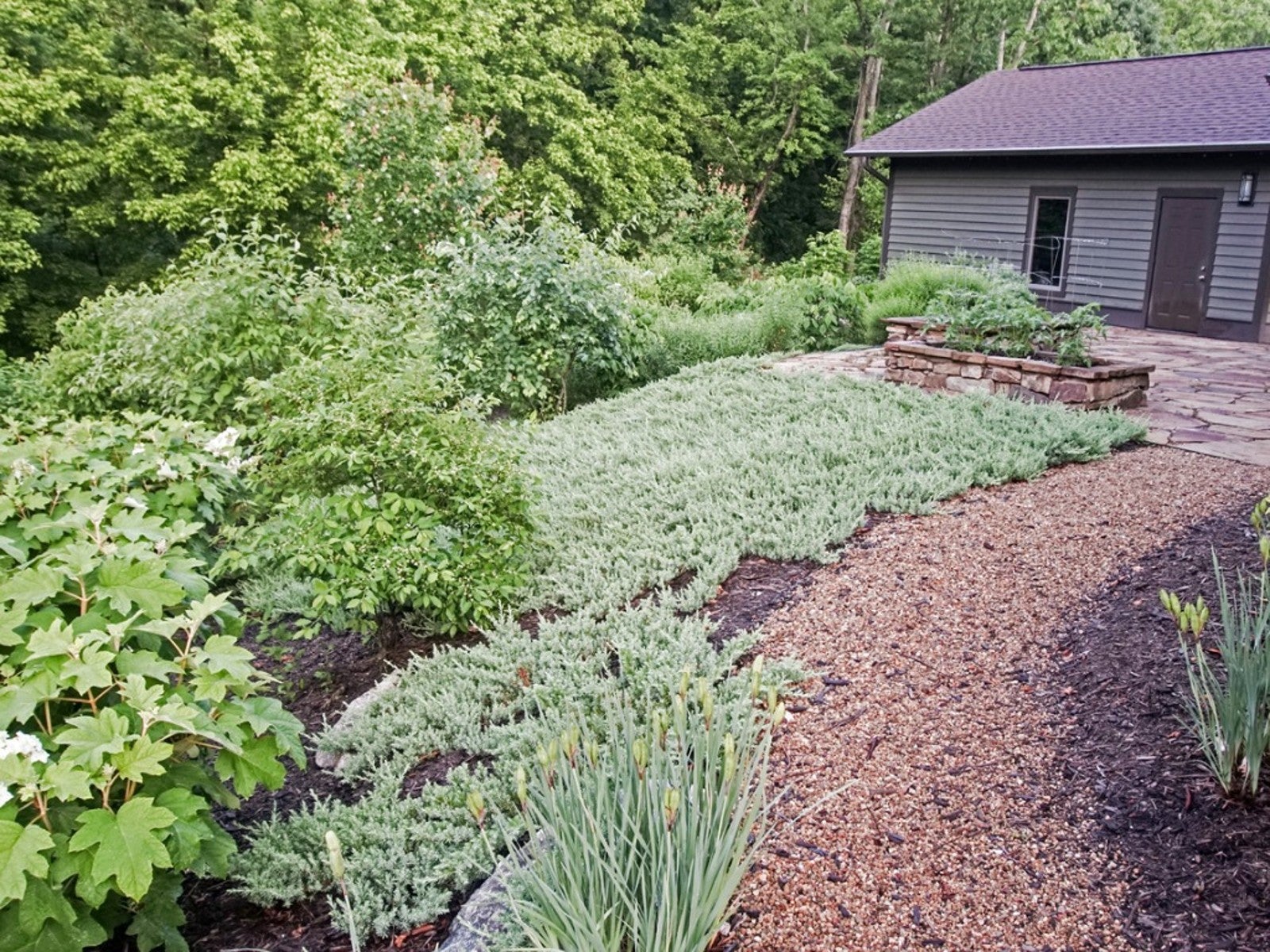 Grass Alternatives For Shade: Lawn Substitutes For Shade Yards
Grass Alternatives For Shade: Lawn Substitutes For Shade YardsMany people know the struggle of trying to grow grass in a shady yard. If you're one of these people, consider a shady lawn alternative.
By Mary Ellen Ellis
-
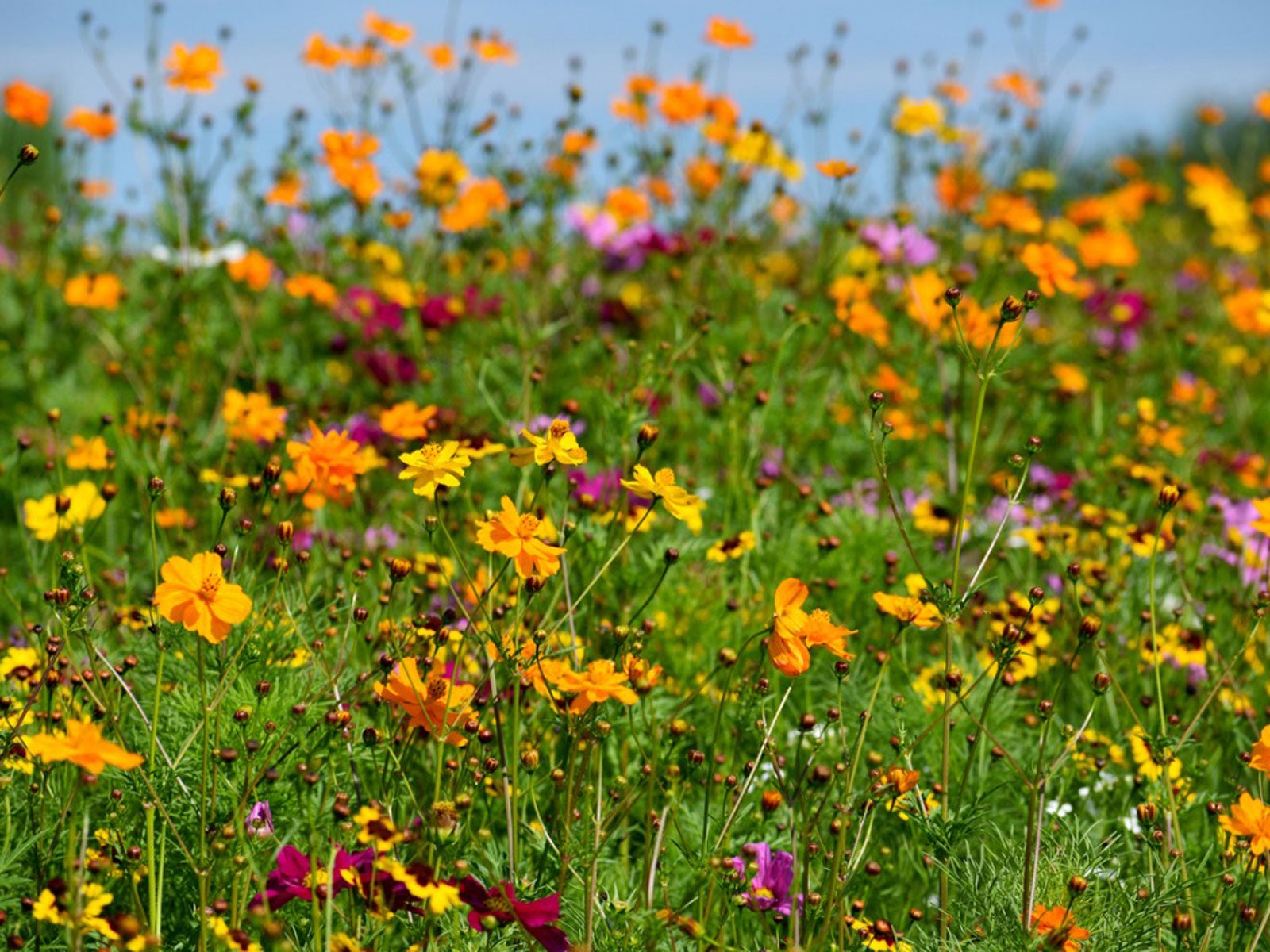 Wildlife Garden Turf: Creating Mini Meadows For Wildlife
Wildlife Garden Turf: Creating Mini Meadows For WildlifeThe appeal of a perfect, green lawn is strong, but more people are turning to wildlife-friendly alternatives. A wildflower meadow lawn is one option.
By Mary Ellen Ellis
-
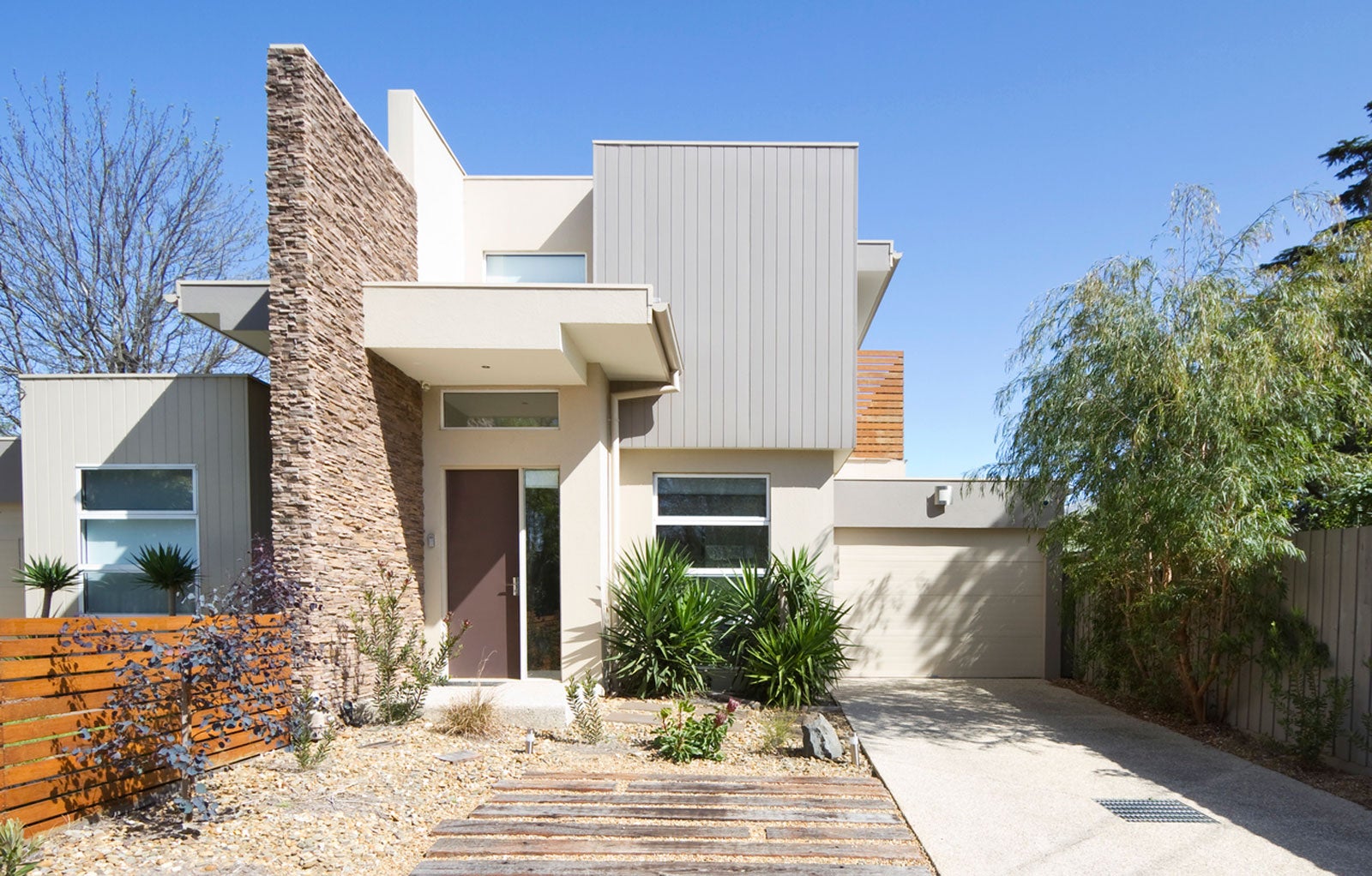 What Is Naturescaping – Tips For Planting A Native Lawn
What Is Naturescaping – Tips For Planting A Native LawnGrowing native plants instead of lawns can be better for the local environment and, ultimately, requires less maintenance, but it does require a big initial effort. A lot of work goes into removing existing turf and naturescaping an entirely new landscape. Learn more here.
By Mary Ellen Ellis
-
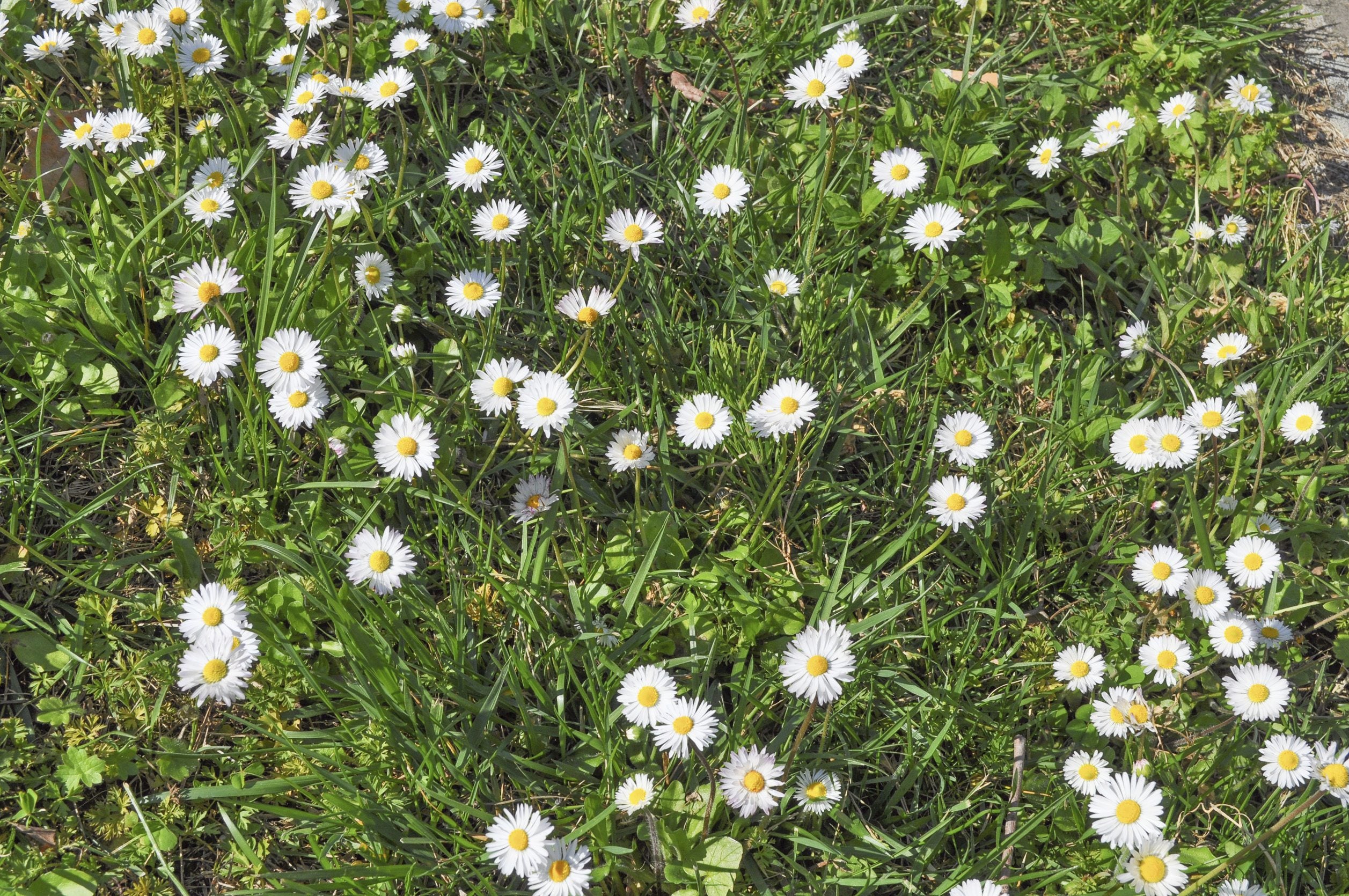 Wildflower Lawns: Tips On Growing Flowering Lawns
Wildflower Lawns: Tips On Growing Flowering LawnsMany people are looking for lawn alternatives to reduce watering, fertilizing, and mowing. Wildflower lawns are one option. This article has more information.
By Teo Spengler
-
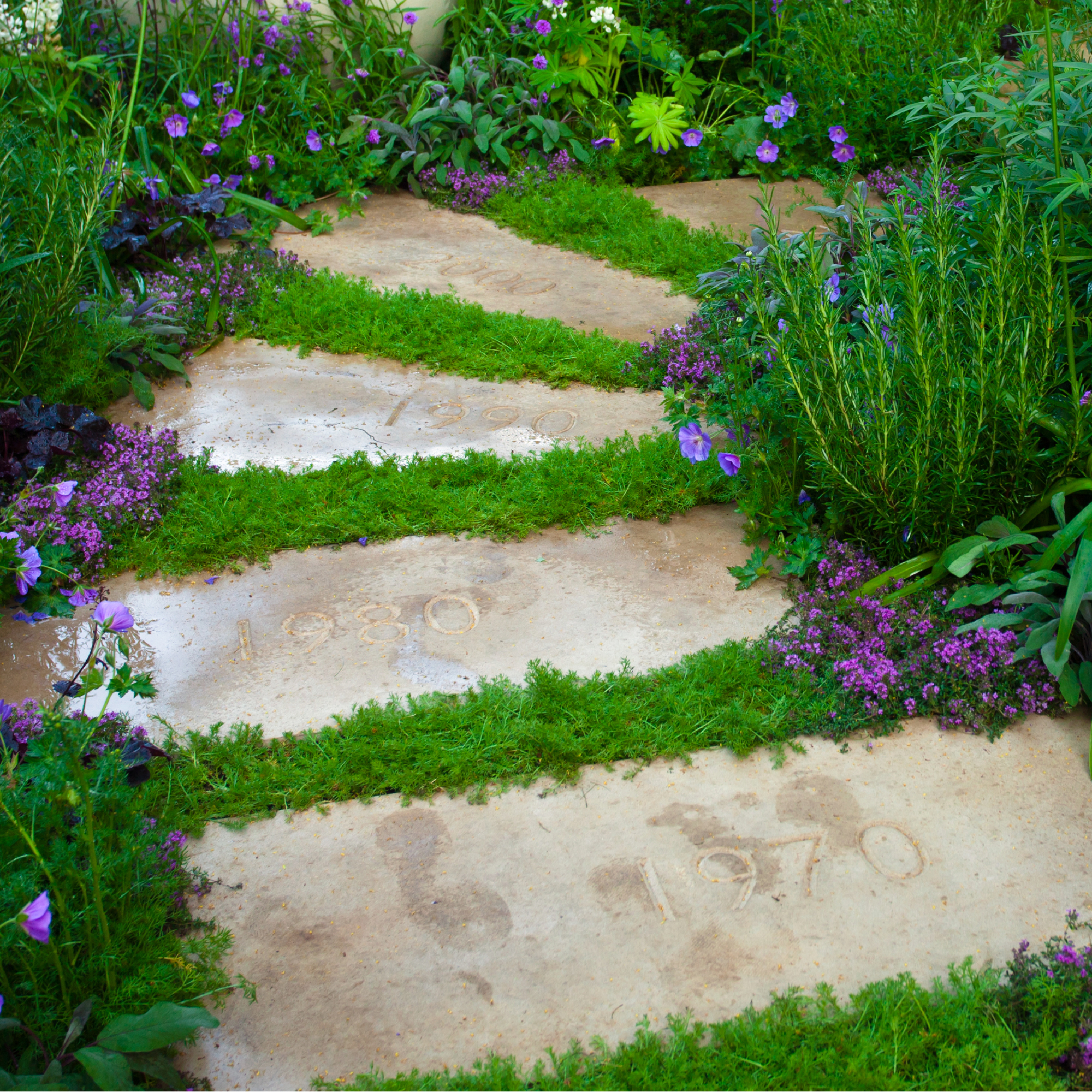 Best Steppable Plants: Learn About Plants That Can Be Walked On
Best Steppable Plants: Learn About Plants That Can Be Walked OnWhat are walkable plants? They're plants that can safely be walked on. Walkable plants are often used as lawn replacements because they are tough, drought-tolerant, and require very little maintenance. Learn more about them in this article.
By Mary H. Dyer
-
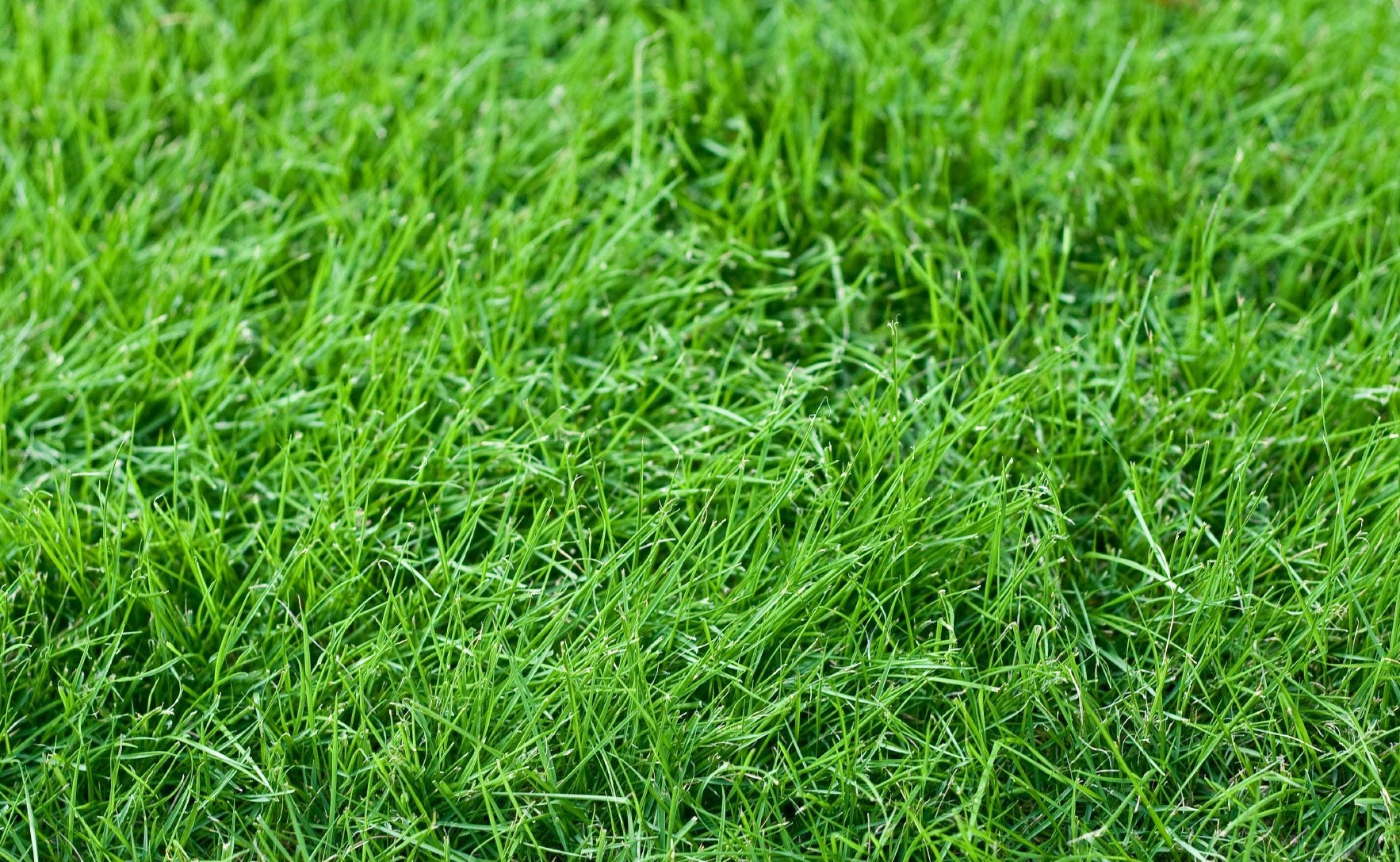 What Is A No-Mow Lawn: Tips For Creating A No-Mow Lawn
What Is A No-Mow Lawn: Tips For Creating A No-Mow LawnOne of the chores that the homeowner must do is mow the lawn. This tedious task helps form a healthy and beautiful turf but is time consuming. A perfect solution is a no mow lawn. What is a no mow lawn? Find out in this article.
By Bonnie L. Grant
-
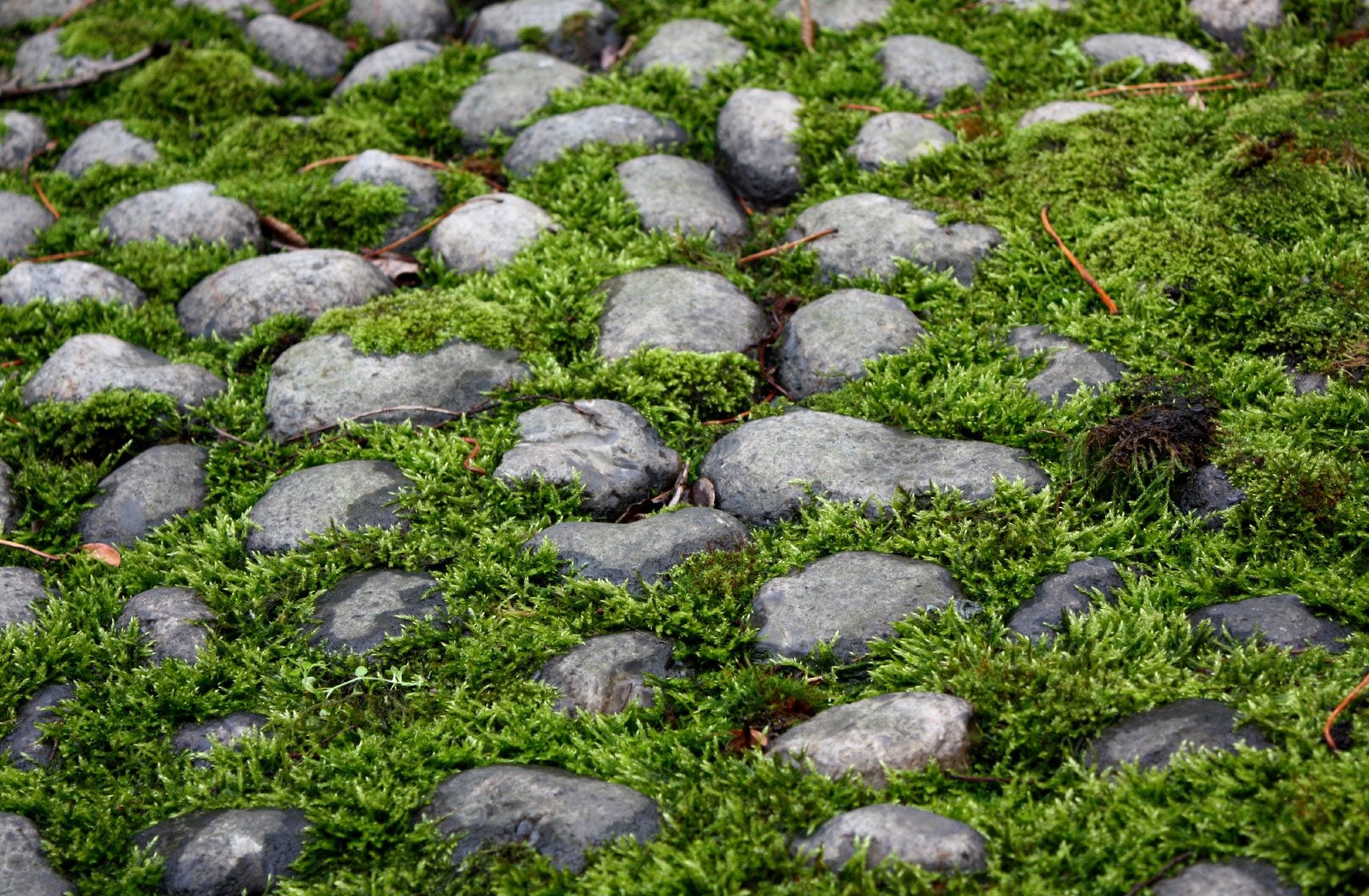 Alternatives To Grass: Learn About Lawn Alternatives In Cold Climates
Alternatives To Grass: Learn About Lawn Alternatives In Cold ClimatesGround covers and other lawn alternatives in cold climates are easier to care for and more environmentally friendly than traditional lawns. Read on to find out about cold area grass alternatives that are easy on your budget and your time.
By Jackie Carroll